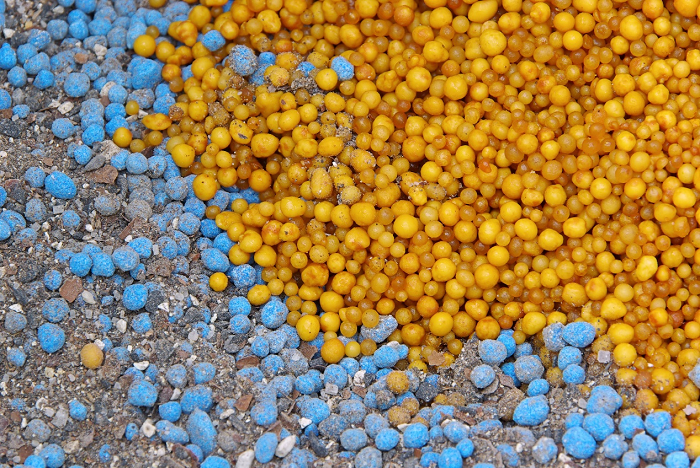
Exhibition time: 17-19 March, 2026 Shanghai, China
 中文
中文

Exhibition time: 17-19 March, 2026 Shanghai, China
 中文
中文

Mineral fertilizer has played a critical role in improving food security over the past century, boosting crop yields and agricultural productivity. At the same time, the food system “from farm to fork” is responsible for net 17 Gt CO2e/year, 31% of human-caused greenhouse gas emissions. Limiting the global temperature rise to 1.5°Cd and achieving the United Nations’ Sustainable Development Goals will require the food system and the fertilizer sector to change. The recommendations in this report build on existing activity but also require new initiatives. Failure to act faster carries significant risks. Taking voluntary action now can address these risks to the sector and cut emissions. Increasing nitrogen use efficiency (NUE) through best management practices is key to addressing greenhouse gas emissions from mineral fertilizer use.
NUE varies significantly across the globe. The changes in practice required to improve NUE depend on local circumstances. Improving NUE does not only mean optimizing nitrogen management, but also other inputs. Extending the use of inhibitors and controlled-release fertilizers can further reduce nitrous oxide emissions. These measures will not eliminate emissions from fertilizer use. Further reductions will depend on a wider transformation of the food system.
Source: IFA 2022 Report
